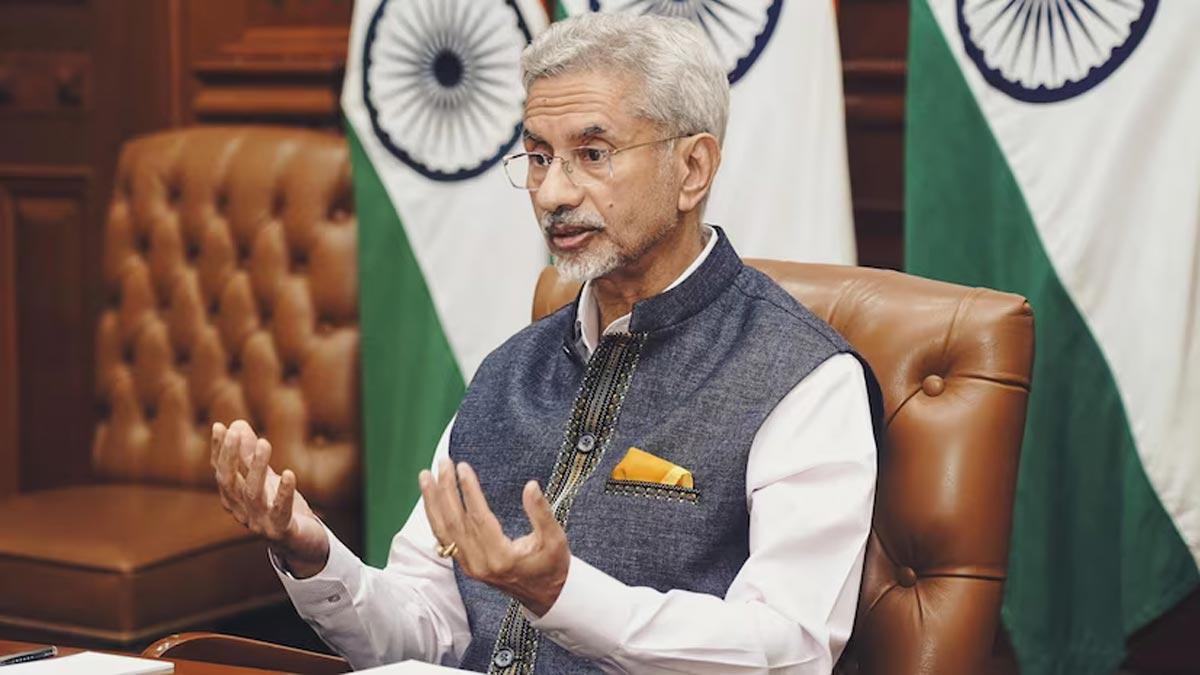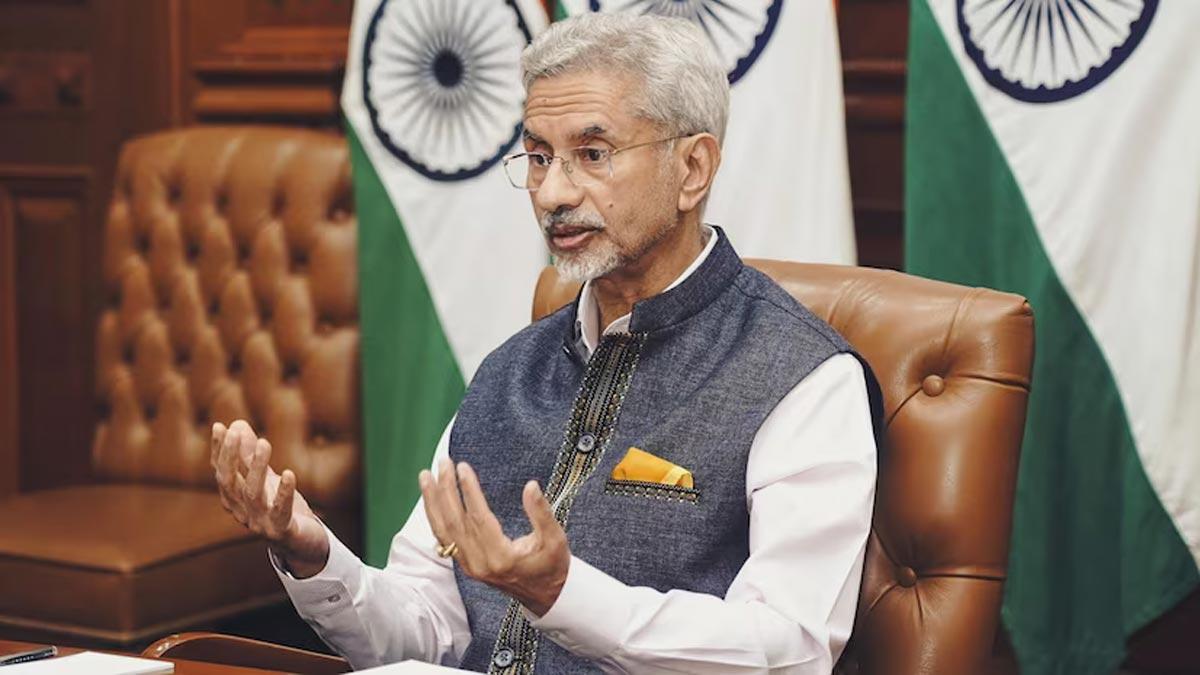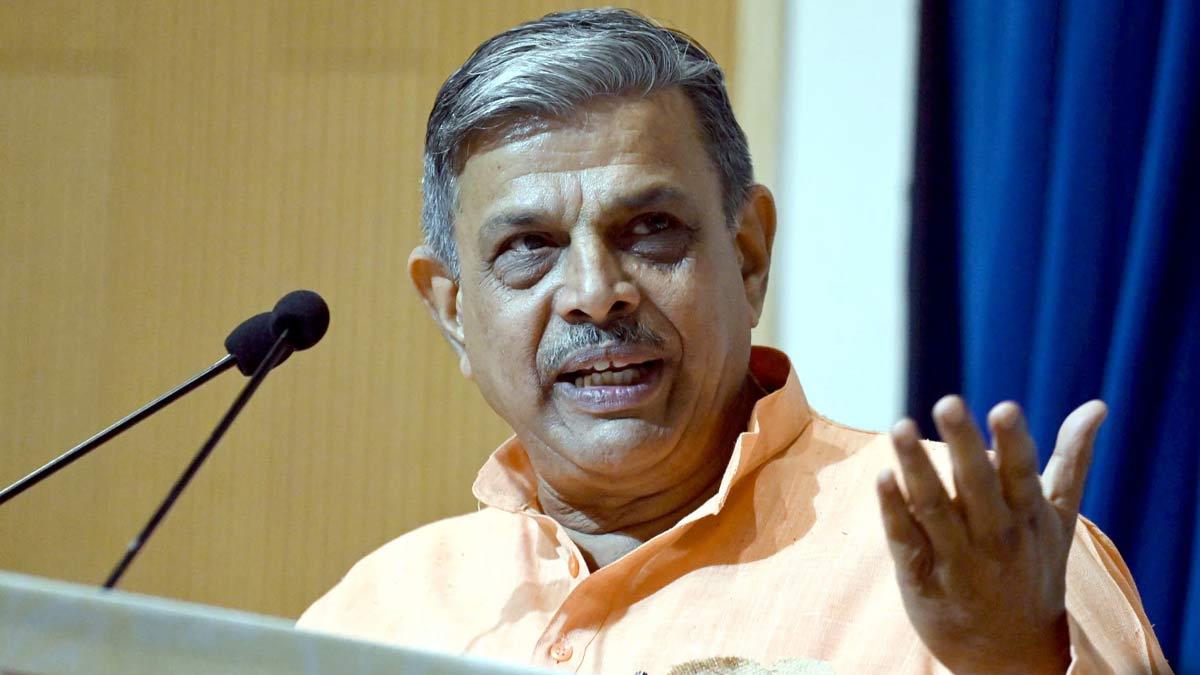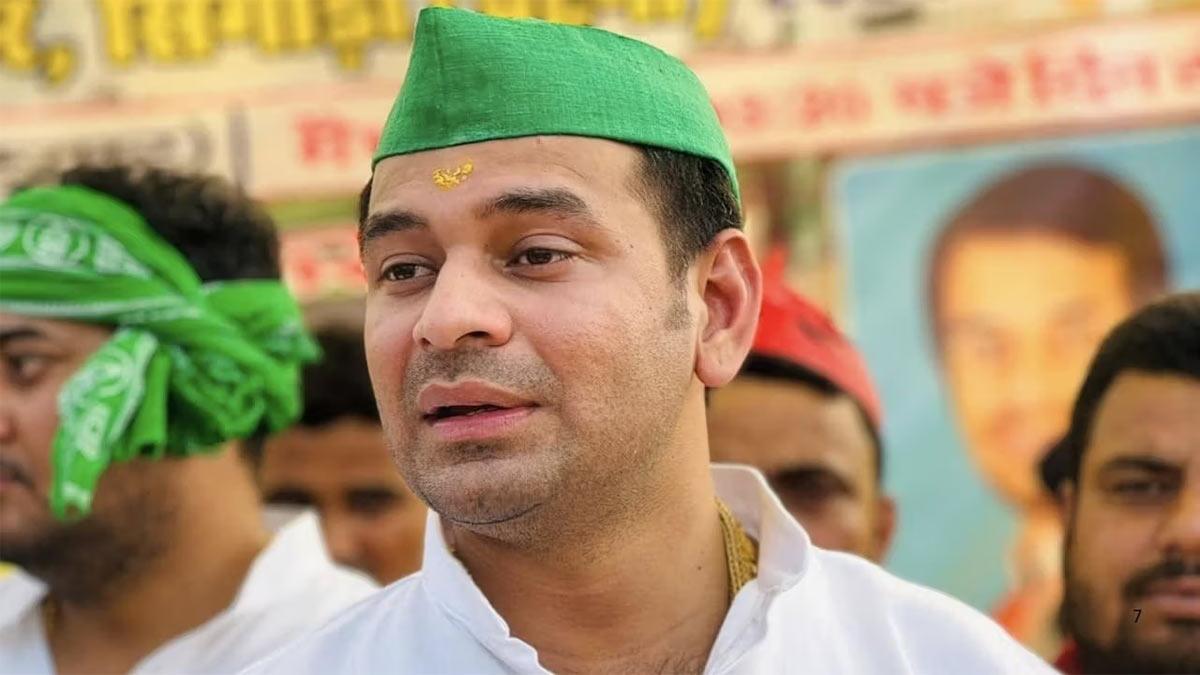In his address at the 76th foundation day celebration of the Gauhati High Court, former Chief Justice of India (CJI) Ranjan Gogoi emphasized the critical distinction between 'judicial activism' and 'judicial overreach', asserting the pivotal role of the judiciary in determining when to catalyze change and when to maintain the status quo.
Justice (retd) Gogoi stressed the evolving nature of judicial systems, highlighting their necessity to adapt to contemporary dynamics, a trend recognized globally. He articulated that the delicate balance between proactive judicial intervention and respecting established norms underscores the judiciary's significant responsibility.
Drawing a clear line between the two concepts, he elucidated that while judicial activism serves as a constructive force for societal progress, judicial overreach constitutes an unwarranted intrusion. He cautioned against overly adventurous judicial activism, noting its potential to inadvertently create legal uncertainties.
Justice (retd) Gogoi acknowledged the transformative impact of Public Interest Litigation (PIL) in empowering the judiciary to address societal issues, albeit with inherent risks. While PIL has facilitated groundbreaking changes in various spheres, he cautioned against instances where it veers into areas traditionally within the purview of other branches of government.
Highlighting the imperative for judicial systems to remain prophetic and adaptable, he underscored the role of the judiciary in fostering an environment conducive to legal vitality. He emphasized that a functional judiciary, equipped with adequate resources, is indispensable for national development, emphasizing the erosion of public trust and the rule of law in the absence of timely justice.
Further, he portrayed judicial institutions not merely as physical structures but as bastions of hope, asserting that their credibility hinges on the citizenry's confidence in them. He emphasized the judiciary's strength lies not only in its autonomy but also in its ability to inspire trust among the populace.
Concluding, Justice (retd) Gogoi advocated for innovative measures to enhance the accessibility and responsiveness of the judicial system, underscoring their role in safeguarding public trust and upholding the essence of the legal establishment.
Read also | Doordarshan Defies Opposition, Airs 'The Kerala Story'


















